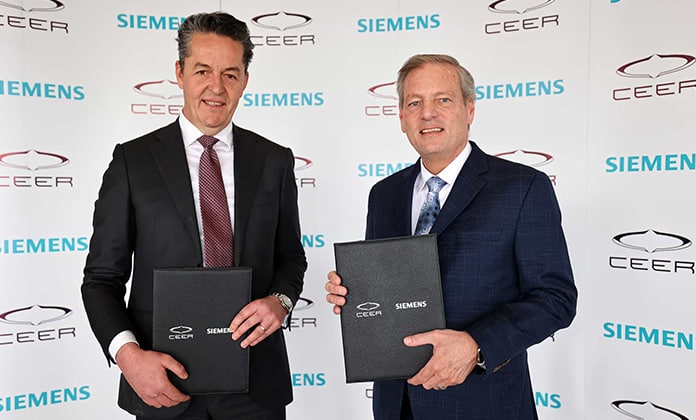07 Mar 2024
Ceer Awards Construction Contract And Starts Building Its Electric Car Complex In Saudi Arabia
RIYADH, Saudi Arabia. March 7, 2024: Ceer — Saudi Arabia’s first electric vehicle (EV) brand and original equipment manufacturer (OEM) has announced the awarding of a SAR 5 billion (USD 1.3 billion) contract for the construction of the Ceer Electric Vehicle Manufacturing Complex in King Abdullah Economic City. The contract has been awarded to Saudi […]










